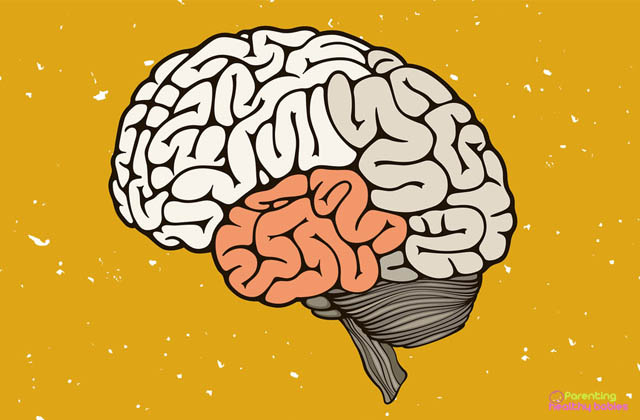As pleasant events are very useful for recording memories, children can enhance their memory through play. From small, it is possible to take advantage of certain strategies to improve attention and train the brain. These techniques will be very practical for future studies. Memory evolves and stimulating the child to use it from a young age helps him to make the most of it in the future.
One of the ways that children have to learn is through play. While the child plays his brain activity triggers, becoming a powerful learning tool that will favor these neuronal connections. Today we propose projects and simple games that will help to exercise the mind of the little ones while they have fun.
Improve Your Child’s Memory: 11 Simple Memory Games
Memory Games to Improve Your Child’s Memory
Games and memory make up an essential binomial to help boost children’s attention span and learning. Forcing children to memorize mathematical operations, spelling rules or dates is not always effective. It is preferable to enhance memory through the game.
Memorize songs
Parents sing to their children numerous compositions. Again and again, they repeat songs that children learn. You can take advantage of this technique to invent stanzas with the content you want the little ones to memorize. In the beginning, you can start with simple topics to remember the home address or the phone number of the parents, which the children can use in case of emergency. When they grow up, children can be helped to memorize basic study questions, such as the alphabet or multiplication tables, two classics from the first years of school.
Toys that make sound
For children, toys that make sounds are suitable. Children can be encouraged to memorize what sound they hear when they press a particular part of a toy or doll (a hand, belly, nose) and encourage them to reproduce each noise according to the order of the parents.
Repetition of words
Children memorize, above all, by repetition. When they say, listen or do something several times, they learn it. If you want them to remember something, in particular, it is appropriate to repeat and encourage them; It can be the way home, the rules of a game or the use of cutlery when eating.
Twister
These word games are a great tool to help children strengthen their auditory memory. The development is simple: parents read or recite a tongue-twister aloud to the little ones, which they have to repeat. You can start by reciting some shorter ones and lengthen them as the children get older or strengthen this type of memory.
Pairs of sounds
Just as visual memory games invite couples to form, some auditory memory games are based on forming pairs of equal sounds, such as animal sounds, or remembering the order in which the instruments of an orchestra should be played to create a musical composition.
Make sound utensils
For this game, videos are an interesting resource, as they explain step by step how to play. One option is to make our own game from boats, in which small objects are introduced to sound and then join the boats that sound the same.
Hide objects
It is a simple game that only requires collecting several objects that you have at home. The parents have to show the children the selected pieces – between five and ten is an appropriate number – and then hide them in front of them. Once hidden, set a time limit and ask your child to find things in a shorter period. The number of items that are hidden, as well as the time given to the children to find them, will depend on the age and motivation of the children.
Semantic fields
An adequate exercise is what named as semantic fields. This game consists of choosing a specific semantic field: beverages, food, furniture, brands of clothing, types of food, etc. The semantic fields chosen can be of any type.
Once it has been chosen, each person must say a certain word that is included in that semantic field. For example, if drinks are chosen, the first may say water, the second beer, the third wine, etc.
Table games
Nowadays there are lots and lots of table games that are available in the market. Parents can buy this type of games for children by helping them to increase concentration. The whole family can meet and play these kinds of games.
Encourage your child to ask for help from others
Emphasize to your child that it is acceptable and correct to ask the teacher to repeat the instructions or ask a classmate for his or her notes. Perform role-playing games with these scenarios at home so that the child feels comfortable when these situations arise.
Strategy games
This type of games encourages the ability to reason about the goal to be achieved and the way we have to plan the game to reach it. A clear example of this type of game would be chess, which we have already talked about time and what many benefits it brings to children.
Our brain is full of chemicals that work to perform certain functions. The more these substances work, the more neural structures are created and the better performance is acquired.
And with memory happens exactly the same, since the areas that determine our memory capacity are full of chemicals, which do their job so that we are able to learn new things and remember aspects learned in the past.
References:
